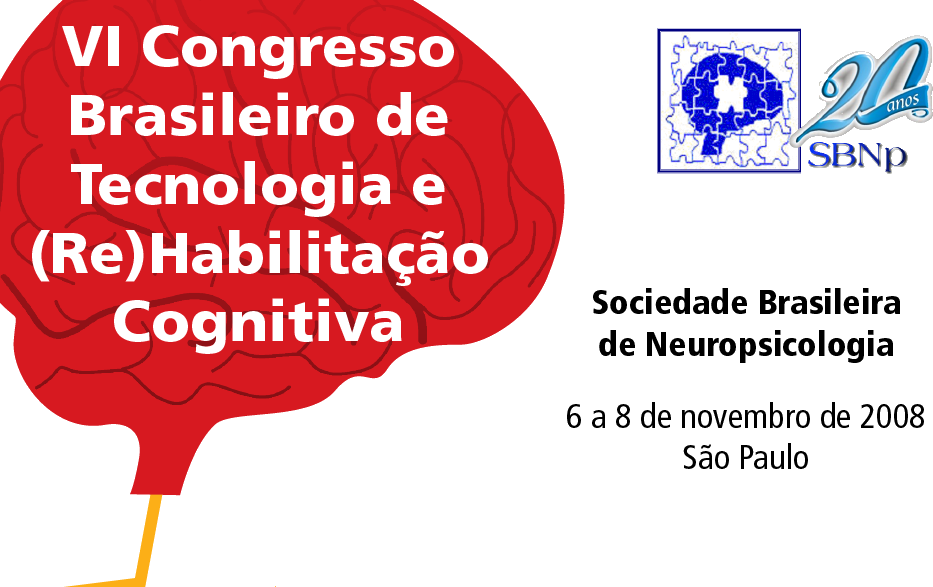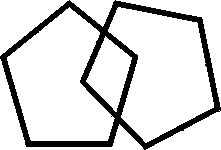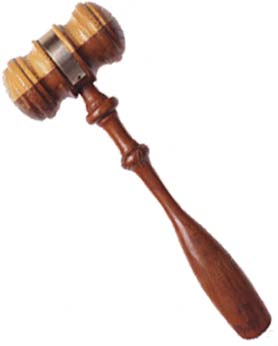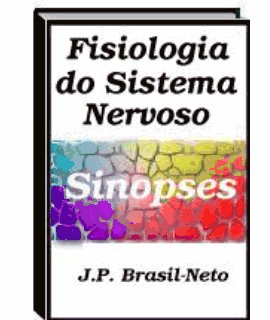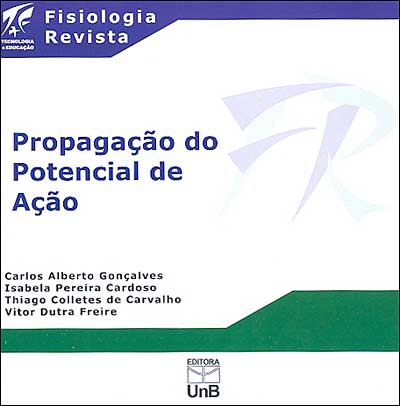Excelente Site Alemão sobre Ilusões Visuais!
Realmente muito bem feito. Confiram:
Realmente muito bem feito. Confiram:
Após um longo silêncio estou mais uma vez escrevendo uma entrada para este blog...e o motivo é excelente: divulgar o simpósio Euro-Brasileiro de Neurologia, que acontecerá no Rio de Janeiro, nos dias 27 e 28 de novembro de 2009.
Para saber mais, acessem o site da Academia Brasileira de Neurologia.
Esta ilusão visual criada por Adelbert Ames utiliza a perspectiva para produzir um efeito incrível (dica: a janela não é retangular, mas sim trapezoidal...)
Este é um documentário da PBS, agora com legendas em português. O Dr. Walter Freeman foi um dos pioneiros da psicocirurgia, juntamente com o português Egas Moniz. O problema é que Freeman levou a ténica a extremos...
Se você tiver um campo magnético de 16 Tesla à sua disposição, você pode levitar um morango, uma rã ou um gafanhoto. O truque funciona porque campos magnéticos gigantes distorcem levemente a trajetória dos elétrons nos átomos do morango. A corrente elétrica resultante gera um campo magnético na direção oposta ao campo magnético aplicado. Veja o vídeo:
De 16 a 20 de fevereiro, ministraremos um curso de Neurologia na Faculdade São Lucas: Segue uma das apresentações em PowerPoint que utilizaremos:
SN-2

Curiosamente, o meu último post neste blog havia sido sobre a entrevisra concedida à N.P.R. por Henry Molaison, o famoso paciente "H.M."; no dia 4 de dezembro de 2008 ele faleceu, aos 82 anos.
A reportagem está no New York Times online.
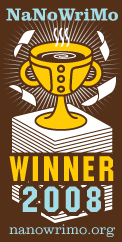 Coming Soon to a Bookstore Near You...
Coming Soon to a Bookstore Near You...
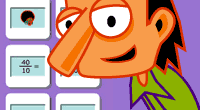
Divertidas animações em "flash" onde você pode ser o pesquisador e estudar um paciente com calosotomia e cérebro dividido (split brain).
O link para os candidatos a Sperry do século XXI é este: http://nobelprize.org/educational_games/medicine/split-brain/
Divirtam-se!
A agência americana para drogas e alimentos (FDA) acaba de aprovar a estimulação magnética para o tratamento da depressão, noticia o blog PsychCentral:
TMS Treatment for Depression Gains FDA Approval by John M. Grohol, Psy.D. October 9, 2008For anyone looking for an alternative to medications or ECT for the treatment of depression, there’s a new FDA-approved option: transcranial magnetic stimulation (TMS).
NeuroStar TMS Therapy® is specifically indicated for the treatment of Major Depressive Disorder in adult patients who have failed to achieve satisfactory improvement from one prior antidepressant medication at or above the minimal effective dose and duration in the current episode. In clinical trials with NeuroStar TMS Therapy, these patients had been treated with a median of 4 medication treatment attempts, one of which achieved criteria for adequate dose and duration.
Transcranial magnetic stimulation (TMS) utilizes an electromagnet placed on the scalp that generates magnetic field pulses roughly the strength of an MRI scan. The magnetic pulses pass through the skin and skull, stimulating the underlying cerebral cortex.
NeuroStar also points out the side effects (or lack thereof) from the treatment:
* No systemic side effects, such as weight gain, sexual dysfunction, sedation, nausea, or dry mouth
* No adverse effects on concentration or memory
* No seizures
* No device-drug interactions
* The most common adverse event related to treatment was scalp pain or discomfort at the treatment area during active treatments, which was transient and mild to moderate in severity. The incidence of this side effect declined markedly after the first week of treatment.
* There was a less than 5% discontinuation rate due to adverse events.
* During a 6-month follow-up period, there were no new safety observations compared to those seen during acute treatment.TMS is a 40-minute outpatient procedure that is prescribed by a psychiatrist and performed in a psychiatrist’s office. The treatment is typically administered daily for 4-6 weeks.
Of course, the real test of this treatment will be in independent followup studies done in the years to come. But for now, it’s good to have yet another treatment option available to anyone seeking help with their depression.
Fiz uma palestra sobre Estimulação Magnética Transcraniana na Epilepsia no II Congresso Mineiro de Epilepsia, que ocorreu de 23 a 25 de outubro de 2008 em Belo Horizonte, MG, na UFMG. Confira a apresentação:
